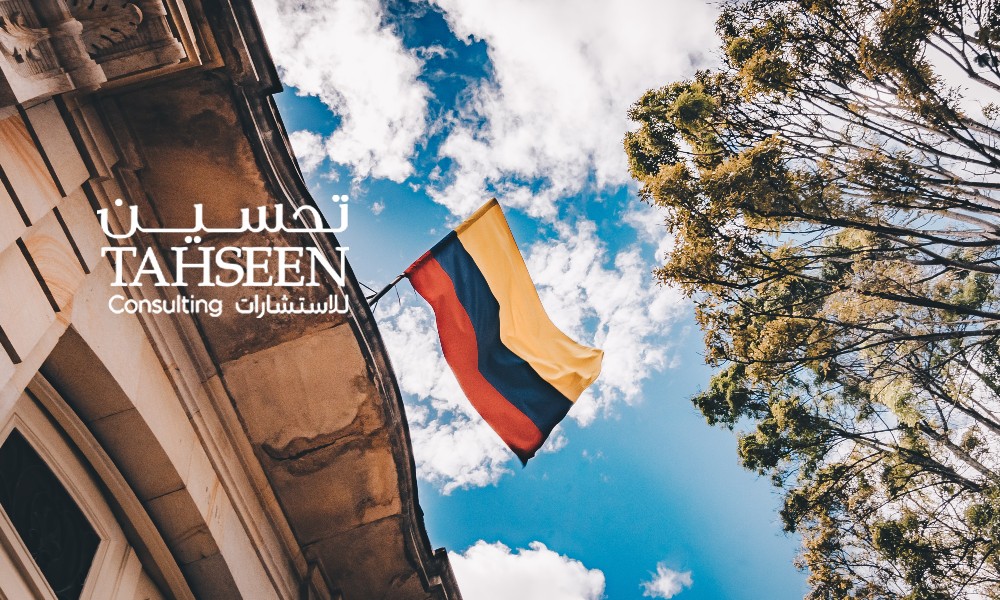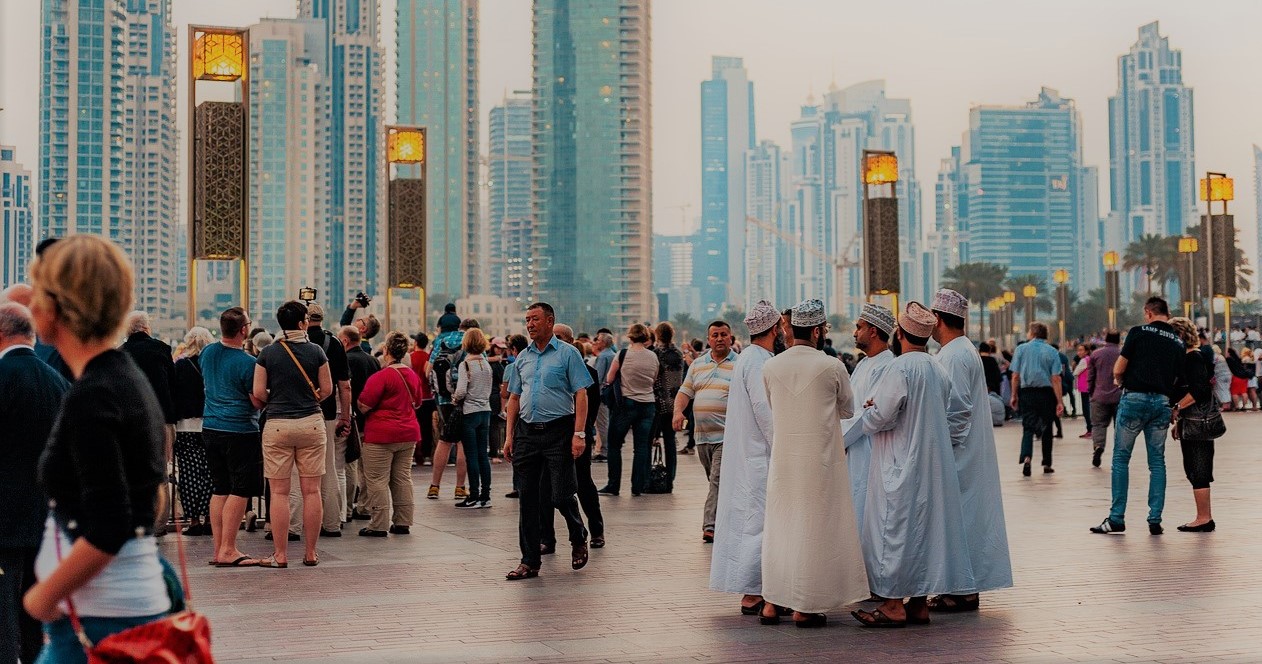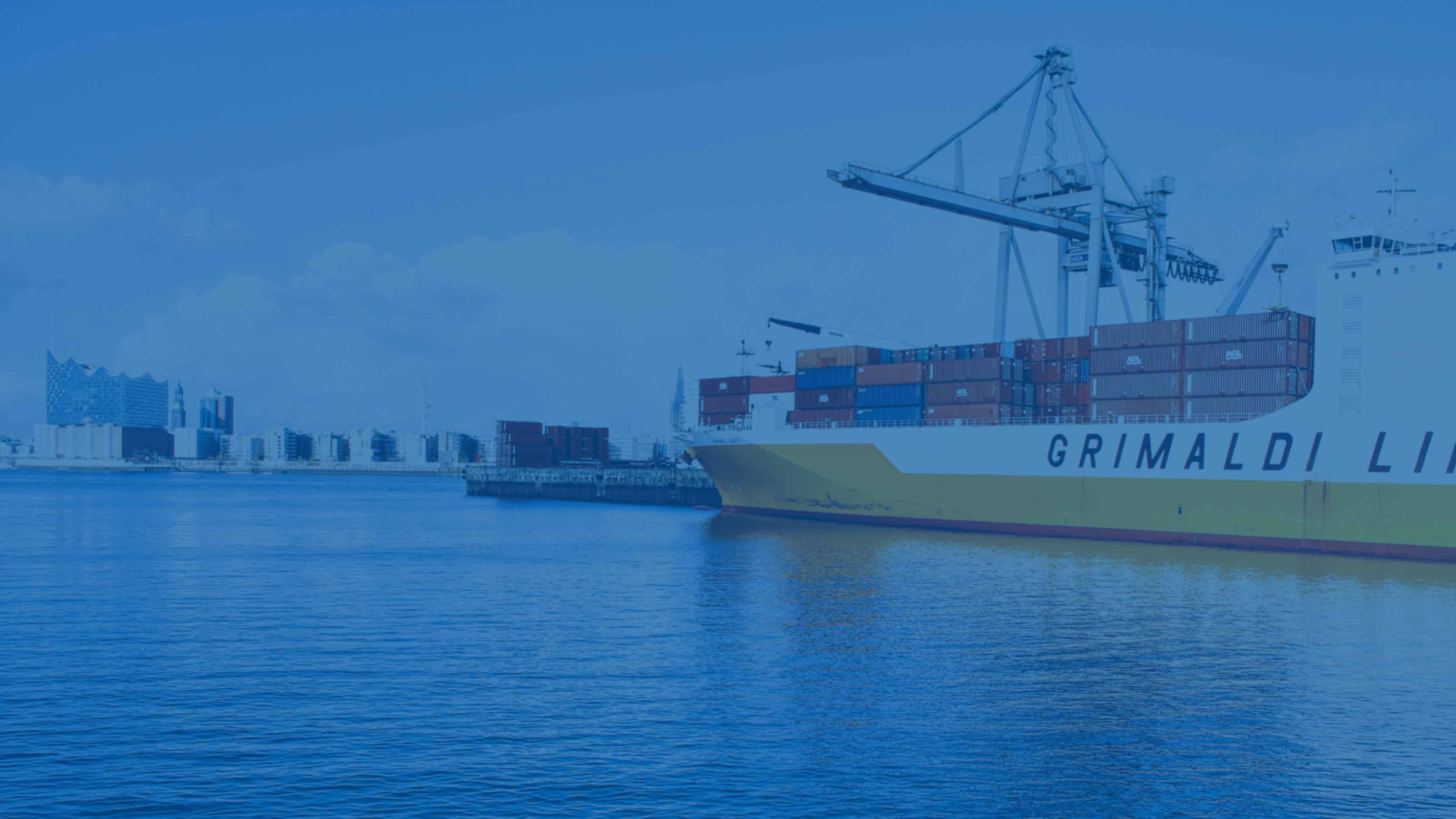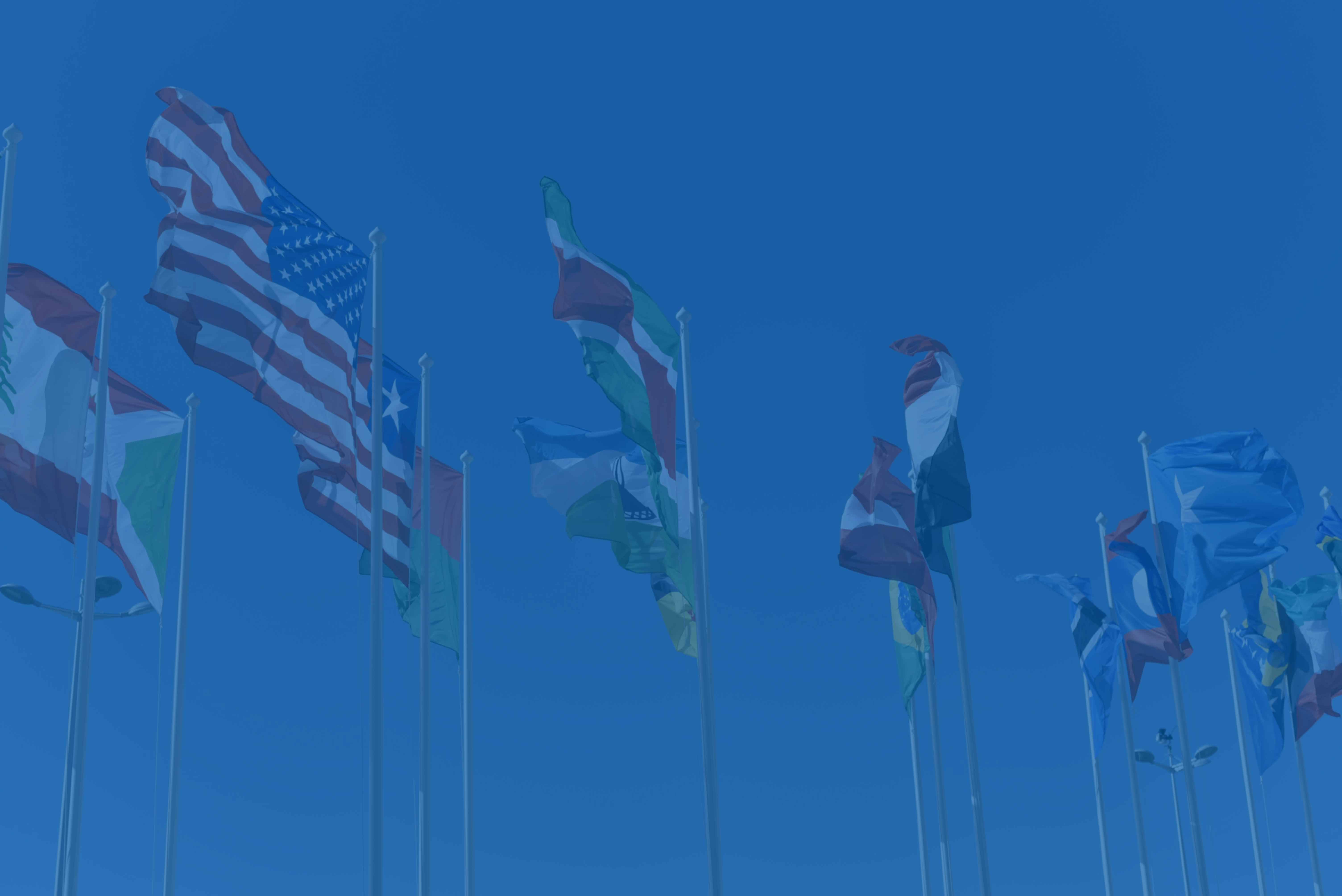Dubai Multi Commodities Centre signs MoU for Cartagena International Commerce Zone
- The bilateral trade between the UAE and South America is estimated to be worth close to $7 billion, but only 5% of that amount is attributed to trade with Colombia
The DMCC aims to create a trade center and free trade zone in Colombia, which could be the start of further such projects as Dubai seeks to improve its relationship with Latin America and increase its foreign trade. The DMCC has signed a Memorandum of Understanding with investment holding company, Dakia U-Ventures, to construct the Cartagena International Commerce Zone with the help of Colombian federal and national government entities. The free trade zone modeled after the DMCC will provide arbitration facilities, country risk insurance, access to capital, as well as global trade networks and will be the first common law arbitration center in Latin America.
Wes Schwalje, Chief Operating Officer at Tahseen Consulting, discusses the development with Arabian Gulf Business Insight.
UAE can export its know-how in the development, operation, and financing of free zones
“It is interesting that such a partnership has been pursued with Colombia as opposed to more significant South American trade partners like Brazil or Peru,” he said. “However, Colombia is a great partner to pilot the approach… This could certainly be a playbook that is borrowed by other free zones in Dubai and the United Arab Emirates to boost trade and investment.”
The Memorandum of Understanding “is a very promising potential tie-up to start exporting some of the UAE’s know-how in the development, operation, and financing of free zones. With Colombia’s exports very commodity dependent, DMCC is a natural partner to share learnings. There is a developing trade relationship that both the United Arab Emirates and Colombia want to grow, so the partnership is also timely,” Schwalje added.
With Colombia’s exports very commodity dependent, DMCC is a natural partner to share learnings
Most of Colombia's exports go to the United States, Canada, or other countries in Latin America, making it difficult for the country to access markets in Asia, Europe, and the Middle East. The free zone deal will play a crucial role in facilitating foreign direct investment between the two economies, offering significant trade opportunities for Central and South America through Dubai, while potentially serving as a model for future ventures with other trade partners.






























